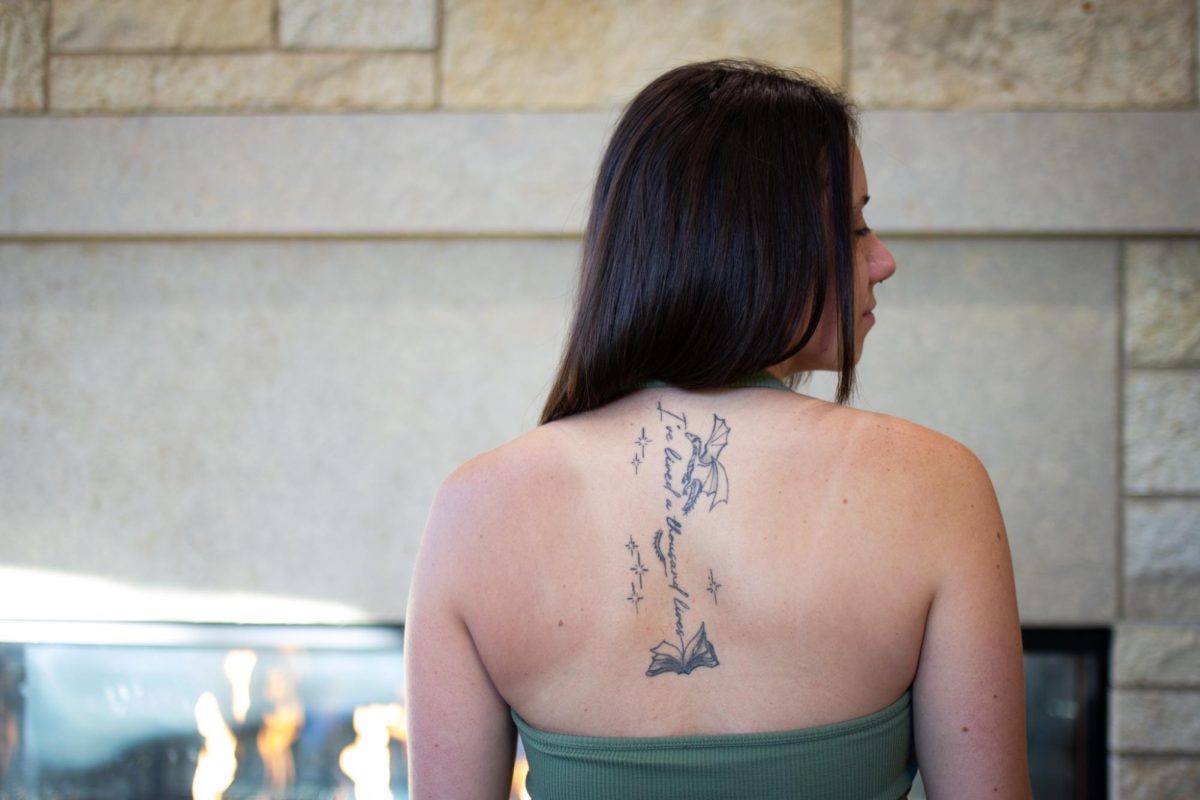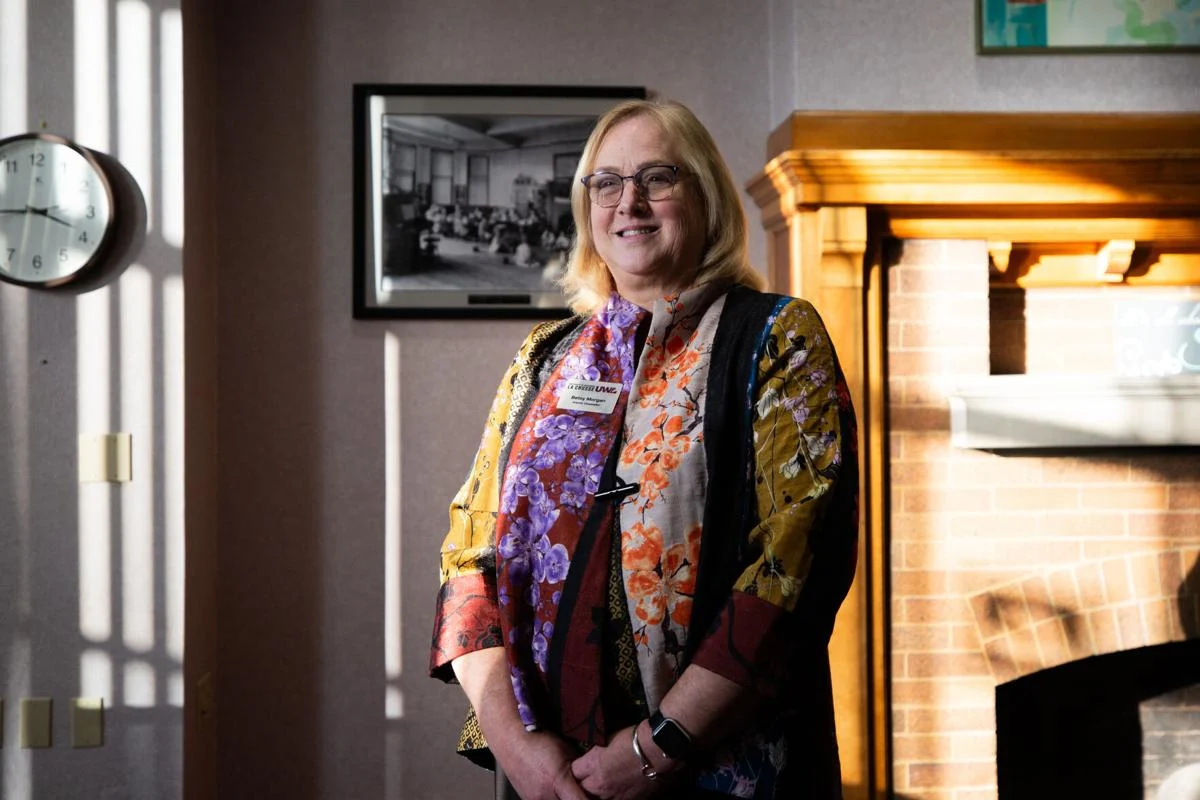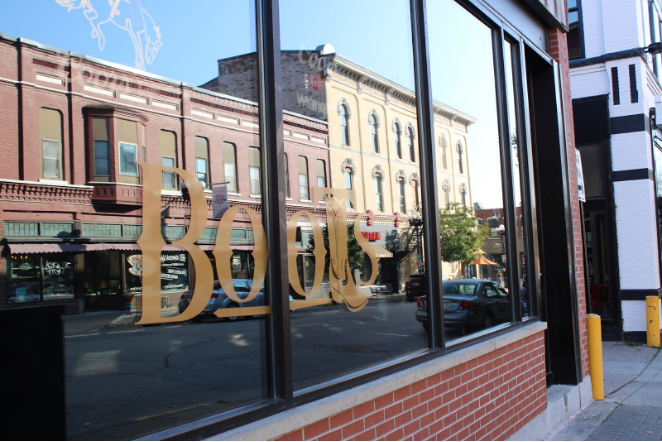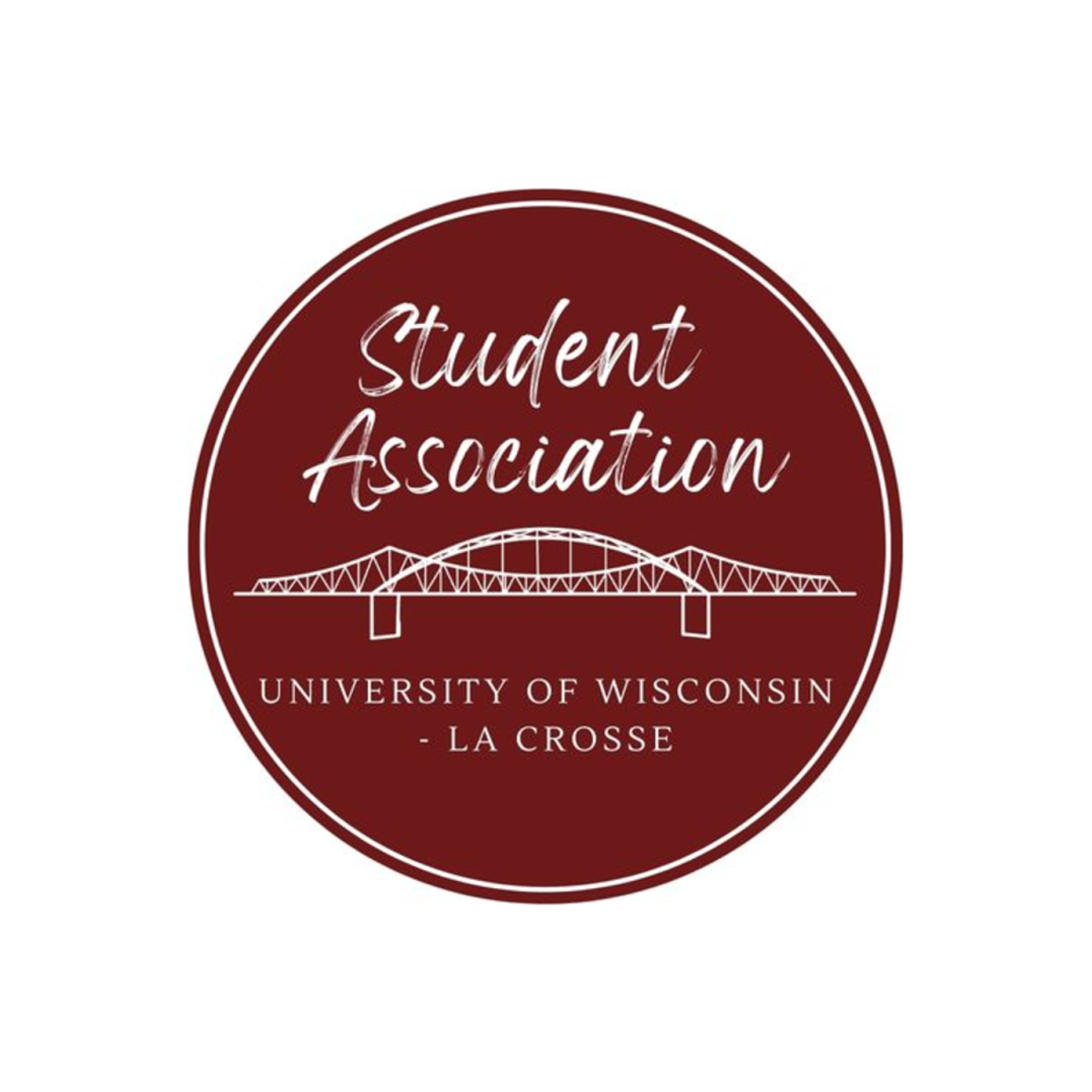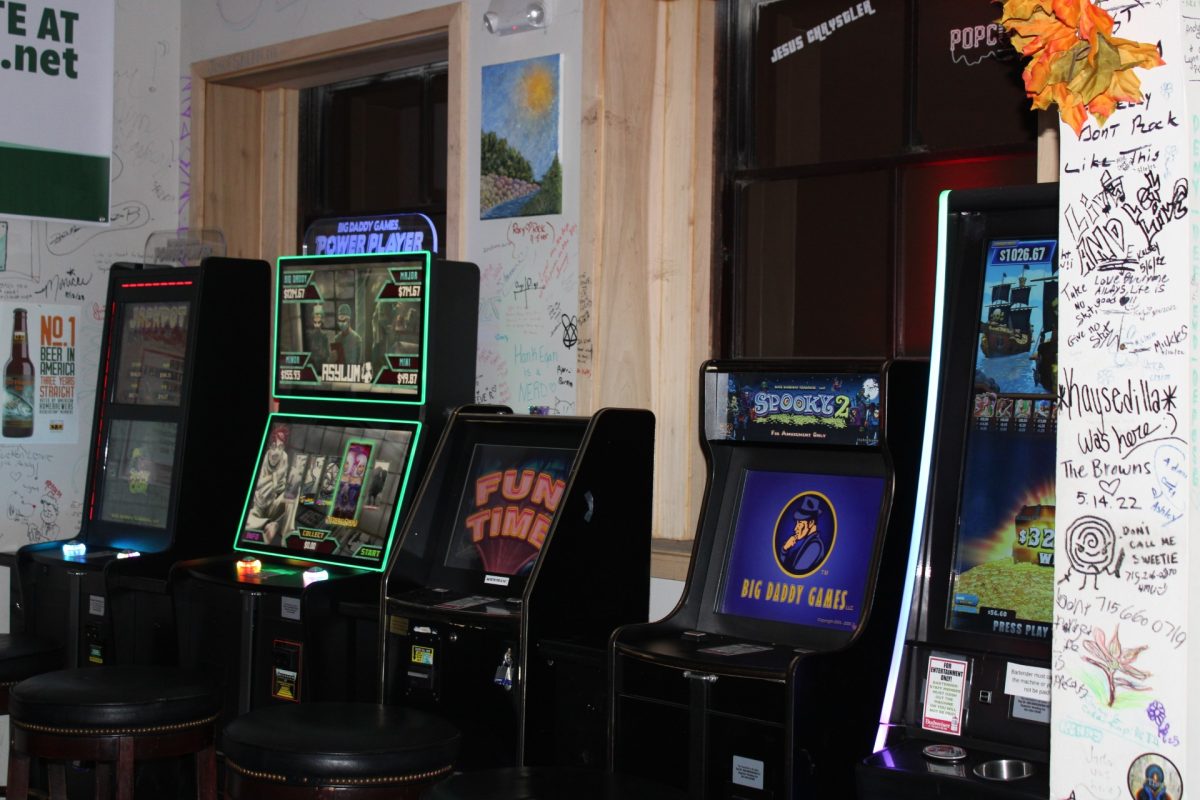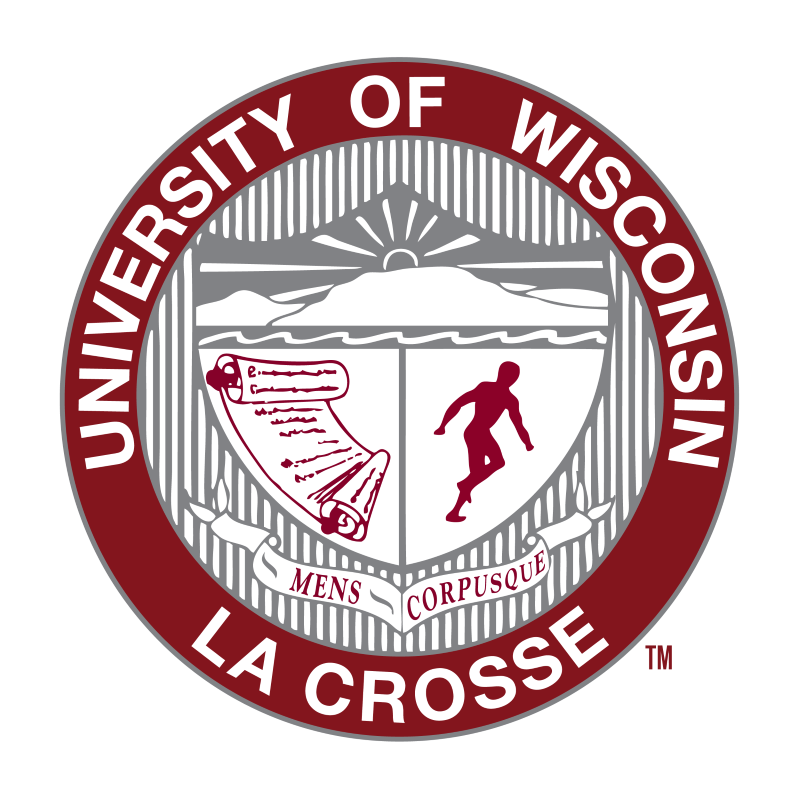Tattoos have been around for thousands of years with rises and falls in their popularity overtime. In recent years, there has been a cultural shift towards acceptance of tattoos, especially in the professional workplace.
Brenda Leahy, associate director of Career Services, has worked for the University of Wisconsin-La Crosse for about 20 years. She has personally witnessed this shift of acceptance towards tattoos happen in her time at UWL.
When she first started, Leahy would tell students to make sure their tattoos were covered up for interviews. She would also recommend students avoid getting tattoos at all since there were many career fields in which they were not accepted.
Now Leahy said, “It’s so much more the norm, so many people do have tattoos. It’s become acceptable in many workplaces because people want to hire people that are authentic to who they are, but it’s not everywhere.”
She mentioned that she’s even seen change in fields that traditionally hold stricter tattoo policies such as accounting firms, healthcare and education. While it still depends on the company or school policy, many have begun to accept visible tattoos in the workplace.
“Tattoos are a creative outlet,” UWL student Abby Wagner said. “It’s really important to express yourself because there’s not a lot of ways you can do that in the workplace.”
Leahy mentioned that employers are recognizing tattoos as a method of self-expression and that allowing employees to be themselves can have a positive impact on productivity.
“If you have to hide who you are, that’s a lot of energy to do that, so you’re not putting that towards your job,” said Leahy. “Employers want somebody who can feel free to be who they are… that helps you build relationships with your team and helps you be more productive as a team because you know who each other is and you can support each other, so I think that’s all a positive thing.”
Companies may be stricter about offensive tattoos or tattoos in extremely prominent locations such as the hands, neck or face, and some workplaces still have policies against all visible tattoos.
“You might always want to cover up for an interview, just in case, not knowing what the policy is,” Leahy said. “The important thing to do is always check. It’s always okay to ask human resources about their policies on tattoos… even before you go in for an interview.”
UWL student Sarah Belland currently works at a bridal boutique here in La Crosse. She spoke about the day of her interview and how she went through several outfits in order to find one where her tattoos were not obvious.
“Then I got there, and my boss had three different tattoos on her chest peeking out, and she was wearing short sleeves, and she had a bunch on her arms,” Belland said. “It just took away that part of the pressure I was feeling of having my tattoos covered. Now I have them out and I get compliments on them at work. It’s no big deal.”
Both Belland and Wagner want to go into sports and exercise related fields in the future and spoke about how they see athletes, personal trainers and fitness coaches showing off tattoos in the workplace.
Leahy mentioned a TV commercial for a nursing home in which several of the workers in the commercial had visible tattoos.
“That would have been covered for sure years ago, but now even in promotions and commercials companies are comfortable having that,” Leahy said.
This cultural shift towards acceptance of tattoos was a recent change and heavily influenced by the pandemic. Leahy mentioned that while attitudes have been shifting for the past ten years or so, the COVID-19 pandemic made a lot of changes with dress in the workplace in general, and that included tattoos.
“In my mind it changed pretty fast. Basically telling people when I first started, ‘you need to cover them up’, to now ‘I think you’re okay as long as it’s not offensive’,” said Leahy.
Leahy has seen the number of college students with tattoos rise in recent years because many students no longer feel like they have to keep tattoos hidden in order to pursue their future career paths.
Tattoos are important to people for many reasons. Belland spoke about how a lot of her family members have tattoos and that it’s become a family thing that ties them together, but also how they are important to her on a personal level.
“For myself in public, I don’t like talking to people. I don’t like the attention being brought onto me, so with my tattoos I stand out from the crowd without having to change my actions,” Belland said. “For me it’s really important because I love my tattoos, and I think they add to my personality.”
Wagner spoke about how each of her tattoos have meaning. Some of them connect her with important people in her life, such as her mom and sister, and she spoke about the tattoo on her back, which is just for her.
“It’s about what I love to do and how I want to express myself, and I think all of my tattoos are important like that because it shows who I am on the inside on the outside of my body,” said Wagner.
Tattoos are a form of personal expression, and with the continued acceptance of tattoos in the workplace, people are becoming more confident in expressing themselves in that way.
Belland said, “Everybody’s body is their own, and if they want to spend the money and get the art… then it is totally okay.”

